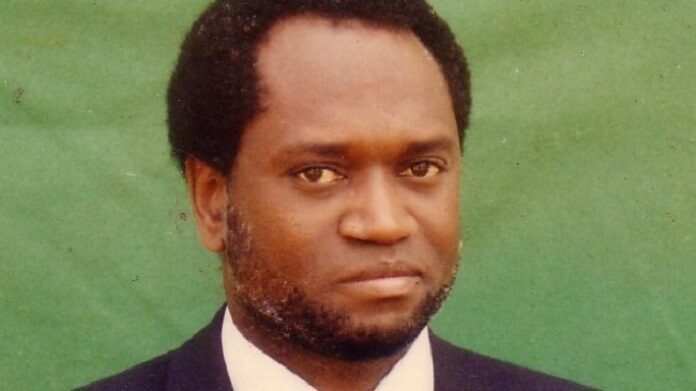
Burundi’s army chief said today that the troops who took part in a coup on Thursday were ready to surrender power in return for an amnesty.
“The military men have accepted that the Government rules again, but it should examine the question of amnesty for those who participated in the coup,” the army chief, Lieut. Col. Jean Bikomagu, told the Burundi Radio, monitored in neighboring Rwanda.
Francois Ngeze, a former Interior Minister who was named head of state by the military rulers, told the Burundi Radio that he had been forced to take a leadership role after the coup.
“Around midday I was taken by force by soldiers to solve the question of security of our country,” he told the radio. “In some areas we have managed to restore security and all we want now is that the fundamental law of the country be restored.”
Mr. Ngeze said he had no information about the fate of President Melchior Ndadaye, Burundi’s first democratically elected leader and the first head of state from the majority Hutu group. There have been unconfirmed reports that Mr. Ndadaye was killed. His election in June ended 31 years of domination by the minority Tutsis of the government and military of this former Belgian colony.
“Up to now I do not have precise information about the fate of President Ndadaye and his close supporters,” Mr. Ngeze said.
Colonel Bikomagu told the radio that he had not joined the coup but had been in contact with the planners to “seek ways and means of saving the country,” which has often been torn by deadly conflicts between the majority Hutus and the Tutsis.
Refugees fleeing the coup said today that ethnic battles were under way in the north of Burundi.
Health Minister Jean Minani, in Rwanda, proclaimed a government in exile today and accused the Tutsi-dominated Burundi Army of committing genocide against the Hutu group since the coup.
“It’s genocide in Burundi,” the Health Minister told a Belgian radio station in an interview from Rwanda, just north of Burundi. Mr. Minani said the military was rounding up villagers in trucks, placing the Tutsis in safe areas and then killing the Hutus.
Source: The New York Times















